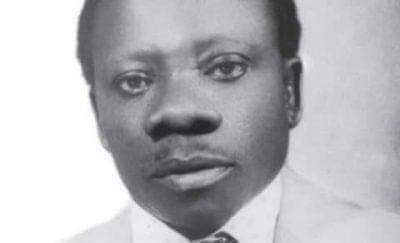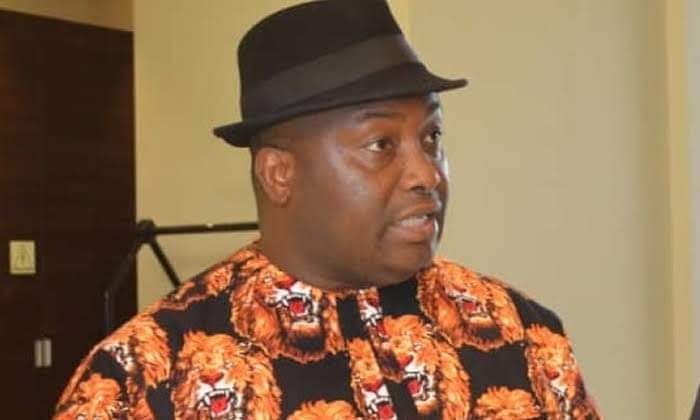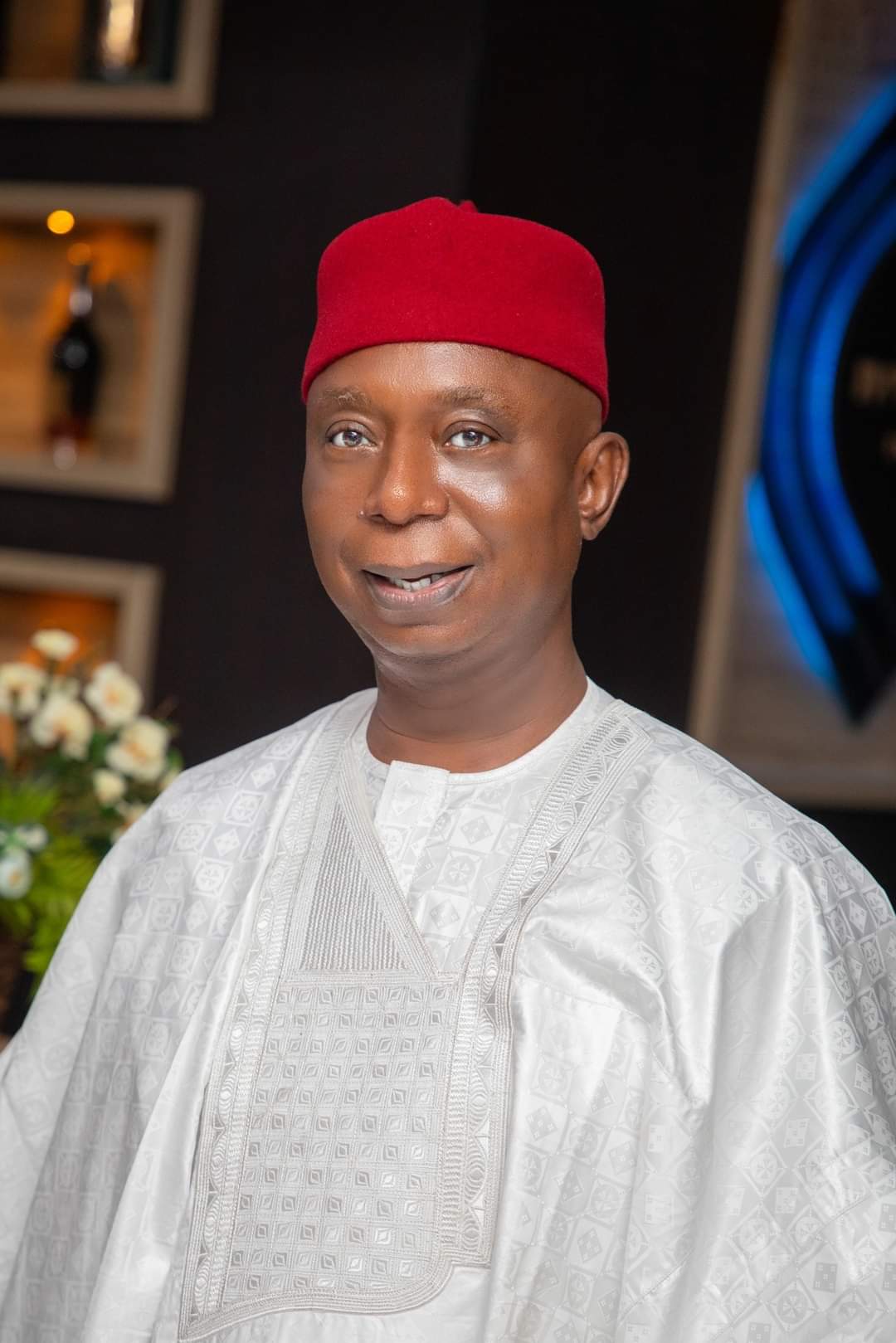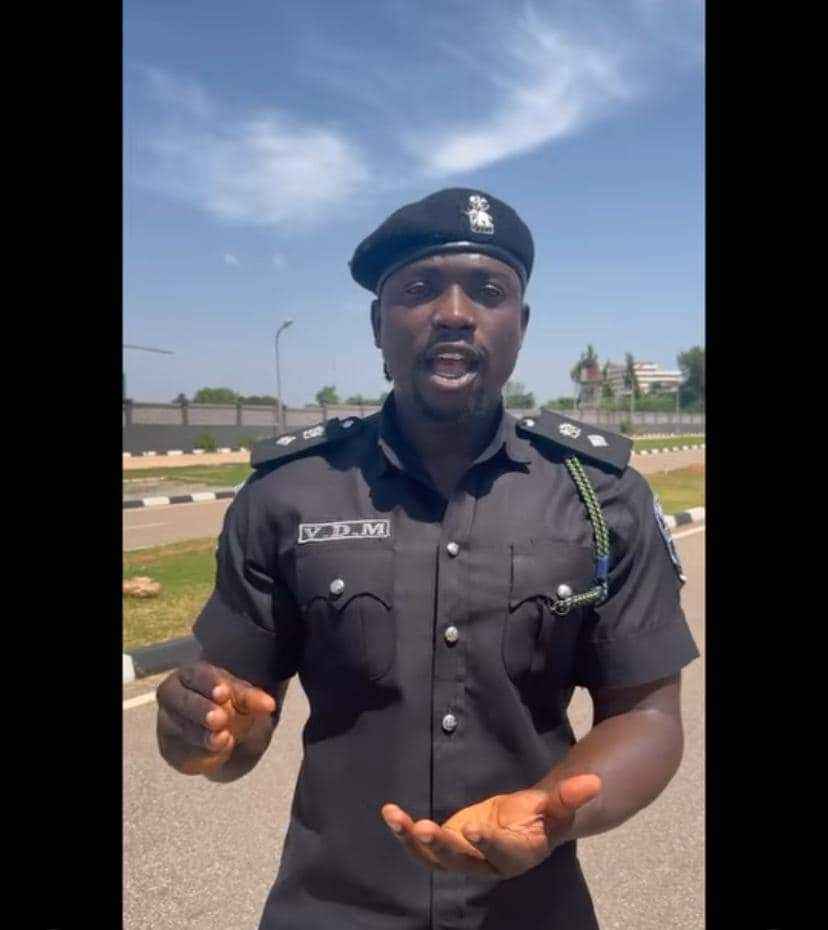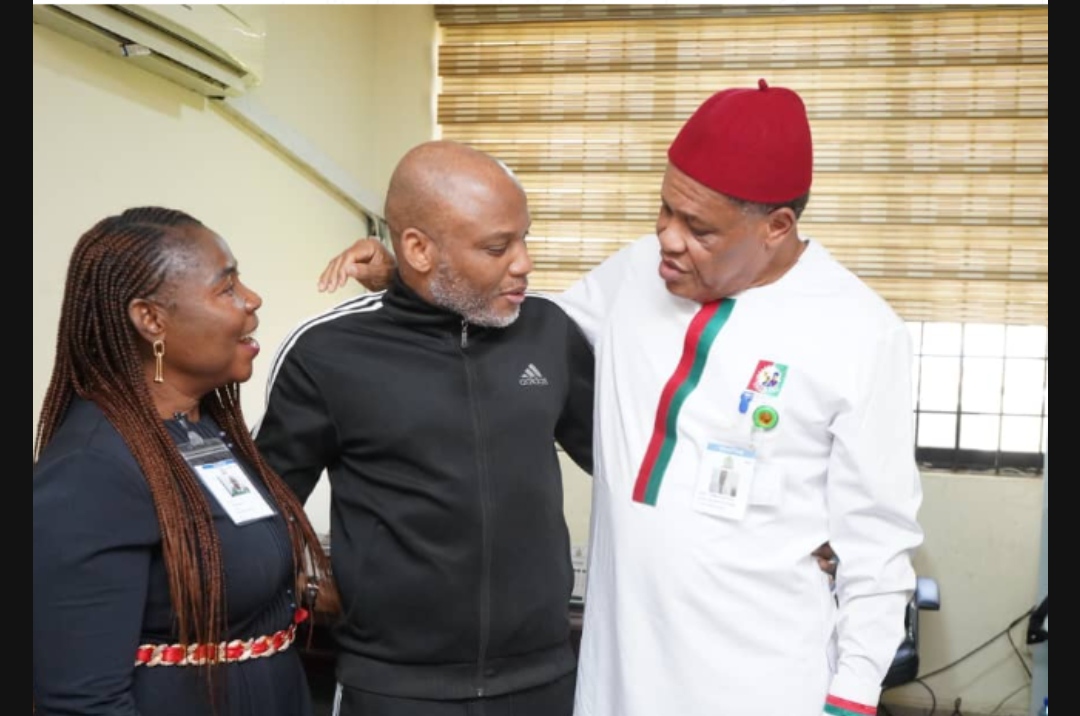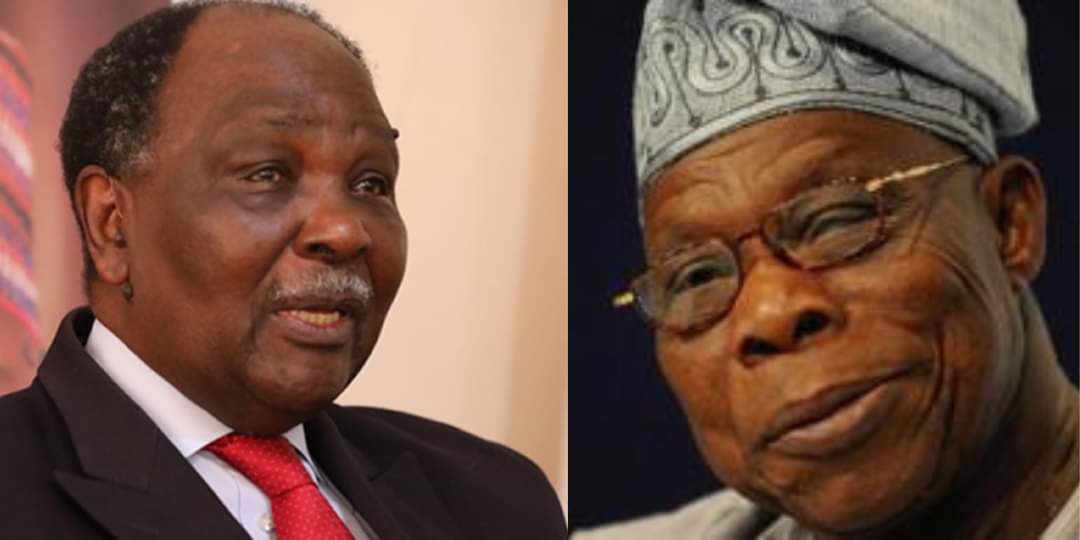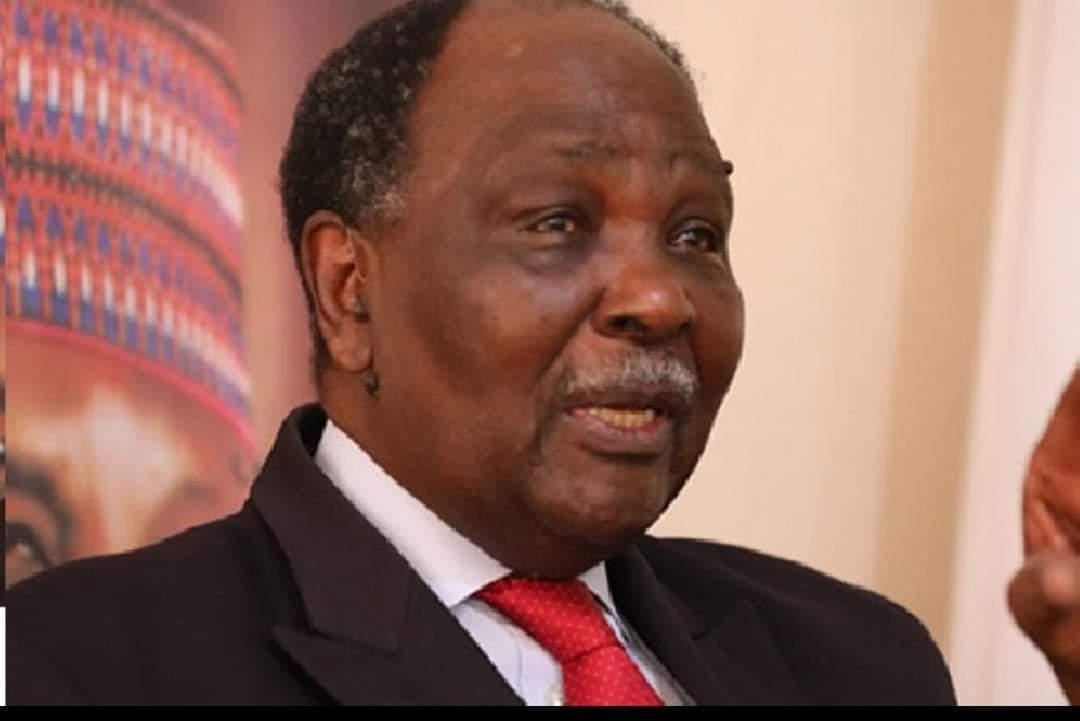Obi Wali, born on February 27, 1932, in Umuigbo (now Rumuigbo) Town, the headquarters of Apara Kingdom, in Obio Akpor Local Government Area, Rivers State, Nigeria, was a pivotal figure in the socio-political history of Rivers State. His life and work were deeply rooted in the Ikwerre ethnic identity, a group he helped to define and establish, separating it from its Igbo origins.
Early Life and Background
Obi Wali hailed from a distinguished family. His father, Chief Frank Wali Otogbo, was a respected community leader, and his mother, Mrs. Jane Wali Otogbo, was the daughter of the prominent Chief Ezebunwo Amadi Nwondugba. Chief Ezebunwo was the paramount ruler of Oroworukwo Nnebisi, an area that has since evolved into the modern-day Rebisi, located in Port Harcourt Local Government Area, Rivers State.
Wali had one younger sibling, the Late Mrs. Patience Waku Okabie Worgu, and they both grew up in a culturally rich environment that shaped their perspectives and values.
Education and Academic Pursuits
Wali’s educational journey began at the West African People’s Institute in Calabar, Cross River State. He later attended St. Augustine’s Secondary School in Nkwerre, where he excelled academically. His thirst for knowledge took him to the prestigious University College Ibadan (now the University of Ibadan), where he majored in literature. Determined to further his studies, Wali traveled to the United States, where he earned a doctorate degree in literature.
Political Career and Contributions to Rivers State
Wali’s political career was marked by several significant achievements. He was a key figure in the creation of Rivers State and served as one of its founding fathers. His leadership abilities and dedication to education saw him appointed as the state’s first Commissioner for Education. He was also a member of the inaugural executive council of Rivers State, playing a crucial role in laying the foundation for the state’s governance and development.
In 1978, Wali was elected to the Constituent Assembly, which was tasked with drafting Nigeria’s constitution. He also served as a member of the Constitution Drafting Committee that created the 1979 Constitution of the Federal Republic of Nigeria. His contributions to Nigeria’s legislative framework were highly regarded, and in the Second Republic, he was elected as a senator. In 1980, he was chosen as the Minority Leader of the Senate, where he was known for his insightful and progressive policies.
The Creation of Ikwerre Ethnicity
One of Wali’s most enduring legacies was his role in establishing the Ikwerre as a distinct ethnic group separate from the Igbo. The aftermath of the Nigerian Civil War left the Ikwerre people marginalized, as the Ijaws in old Rivers State (now partly Bayelsa) had assumed control of key political and economic sectors. This marginalization was particularly evident in employment, as Ikwerre people, being of Igbo origin, were often excluded from job opportunities, especially in the oil industry. They were not permitted to work in the oil refinery, nor were they allowed to open bank accounts due to their Igbo heritage.
In response to this discrimination, Wali leveraged his political influence to fight for the rights of the Ikwerre people. He worked tirelessly to differentiate Ikwerre from the Igbo identity, a move that allowed the Ikwerre to gain recognition as a separate ethnic group. This distinction provided the Ikwerre people with access to jobs and economic opportunities that had previously been denied to them.
Wali’s efforts also played a critical role in the development of Port Harcourt as a center for Ikwerre people. His push for the creation of Port Harcourt as a distinct area within Rivers State helped alleviate the marginalization that the Ikwerre had faced under the old Rivers administration.
Tragic Death and Legacy
On April 26, 1993, Nwali’s life was cut short in a brutal assassination. He was murdered in his home, violently dismembered by suspected hired assassins. The reasons behind his murder have never been conclusively established, though many believe it was politically motivated. At the time of his death, Wali was a respected senator representing Rivers State in the Nigerian Senate.
Wali was buried on February 24, 1994, a somber event that occurred just months before the execution of another minority rights activist, Ken Saro-Wiwa. Wali’s death sent shockwaves through the political landscape of Rivers State and Nigeria as a whole.
The Controversy Surrounding His Murder
The circumstances surrounding Wali’s murder sparked widespread speculation and controversy. Accusations of complicity were leveled against several high-profile people, including General Ibrahim Babangida, Nigeria’s former Military Head of State, Chief Rufus Ada George, the former Governor of Rivers State, and Peter Odili, who later became the governor of the state.
The case of Wali’s murder was brought before a commission investigating human rights abuses. The Ikwerre community, along with Wali’s son Ihumuo and his wife Nnenna, presented allegations of a cover-up, arguing that the investigation had been stymied by those in power. To this day, the true reasons behind Nwali’s assassination remain a matter of speculation and mystery.

